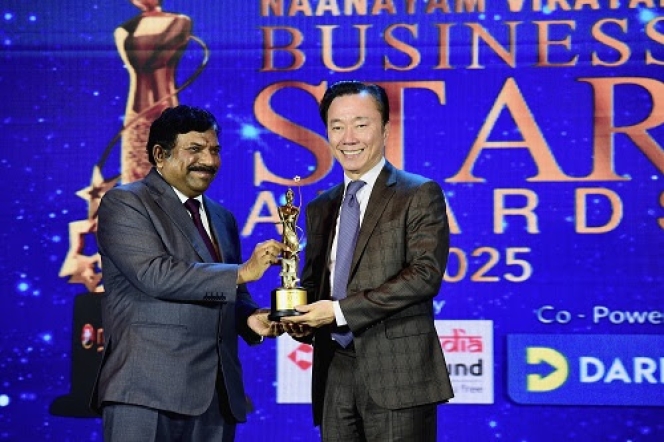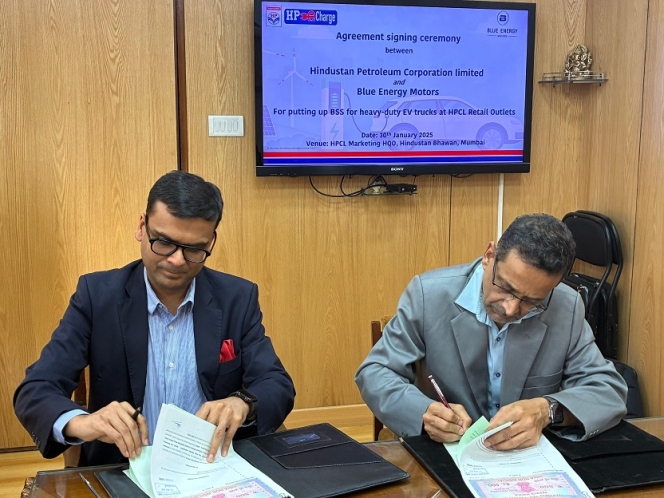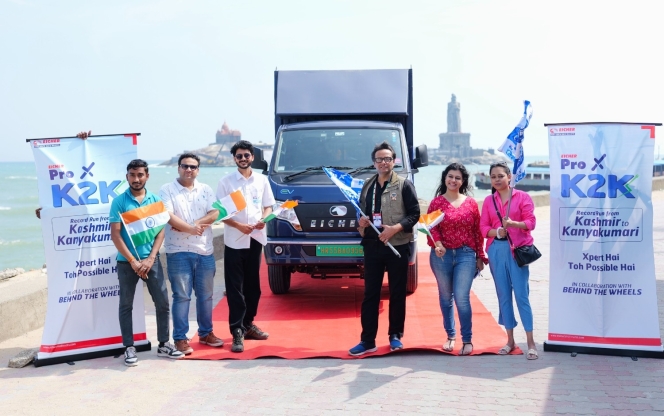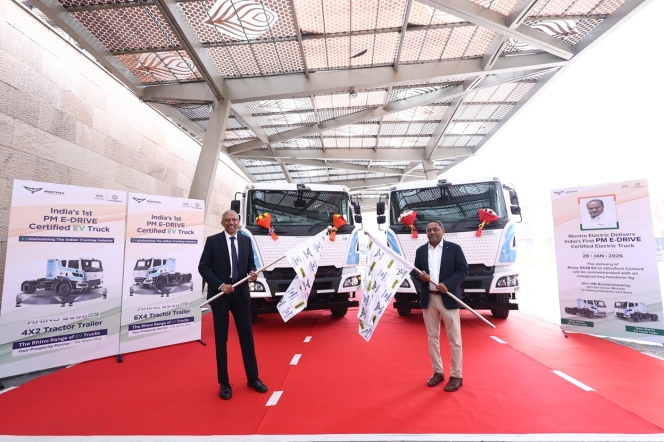Big shift: Tata Motors to supply 25,000 e-taxis to Uber
- By Bhushan Mhapralkar
- February 22, 2023

Under the Xpres brand that it launched exclusively to cater to the needs of taxi fleets in July 2021, Tata Motors has signed an MoU with Uber to supply 25,000 Xpress-T electric sedans to be operated under the latter’s premium category. The EVs are a close cousin of the Tata Tigor EV which was launched in 2021 and subsequent updated in 2022.
Supporting Uber in its commitment for cut down carbon emissions, the Tata Xpres-T electric taxis are available in two range options – 315 km and 277 km. They pack a high energy density battery of 26 kWh and 25.5 kWh respectively. The batteries can be charged from 0 to 80 percent in 59 mins and 110 mins respectively by using fast charging. They can also be normally charged from any 15 Ampere plug point, which is easily available and convenient.
Fitted with a single-speed transmission, the electric taxis feature dual airbags, ABS and EBD as standard. Their convenience features include automatic climate control and ‘Electric Blue’ accents across the interior and exterior to differentiate it from the fossil fuel powered Tigor cars.
Set to add to the rising fleet of electric taxis in India – there are an estimated 8000 of them on the roads – the agreement to supply 25,000 Xpres-T taxis to Uber by Tata Motors indicates how the rising scale could help build an effective local supply chain and infrastructure, both of which will drive the initial acquisition price lower. While concerns regarding the quality of EVs – India has about 13,34,385 of them – is there, a robust local supply chain and skill development at the manufacturing and service levels would help immensely.
With the Tata Motors and Uber announcement not the first of its kind in the country (Ola announced it will launch 10,000 EV cabs in January 2023), experiments like those in Nagpur to run a fleet of EVs by Ola should be looked upon as a learning tool. With scooters, mopeds and motorbikes dominating the Indian market and seemingly the EV market as well (with the inclusion of electric three-wheelers that are used as commercial vehicles on the whole), the electric taxi category may not be big in numbers but good enough to draw attention on the roads.
James Hong, Head – Mobility Research, Macquarie Group may opine that EV adoption in cars is low, it is not unusual to stop a battery electric ‘white and green’ taxi in Delhi NCR. Electric cab hailing company BlueSmart began with 70 units in 2019 in Delhi NCR and has come to operate 680 battery electric cabs as of now. In 2022, the company placed an order for 3500 Tigor EVs (read this as Xpres-T EVs) as part of the journey to deploy over 100,000 electric taxis by 2025.
As the discussion about electricity to power these vehicles would from green or gray sources takes place among various quarters of the society in India, including technical circles, the fact is, Indian taxi operators are watching their market place evolve over time. They are watching how the initial acquisition prices have come down and the range has gone up. They may not be so much bothered about whether their EV has a sunroof or not, they are clearly concerned about costs and quality.
For me it is the operating costs and ease of maintenance that is important, mentioned a cab driver in Mumbai who first saw the Mahindra e-Verito car a few years ago. Tracking the rise in the number of EVs on the roads in his city from a price point of view since then, he is keen to seek a trade solution that will increase whatever little profit he makes today. The high CNG cost is ensuring that our cabs are no longer very viable as a business case, another cab driver in Mumbai quipped as he overheard the discussion with the earlier cab driver on a busy street in the mega city. If the operating costs are lower than the CNG cabs and the purchase price closer to a CNG cab, then it will be easy for us to shift to an electric taxi, he added.












Comments (0)
ADD COMMENT